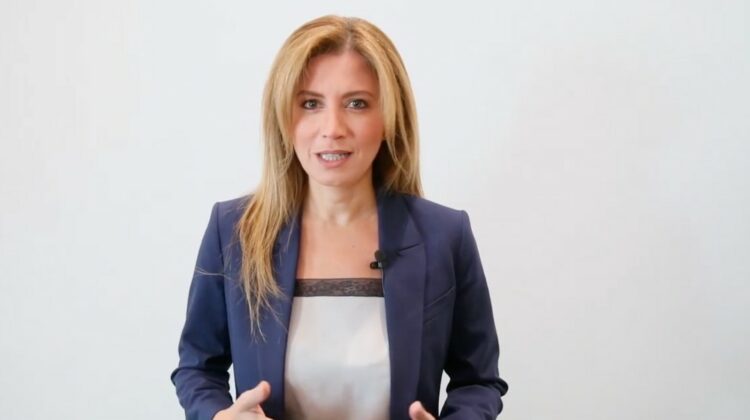The only way to solve Lebanon’s power crisis is to have the right people in the right place, but unfortunately we’ve had incompetent and/or corrupt people managing this sector for the past decade or more, and the outcome is what we’re witnessing right now: A total collapse of the whole sector costing the economy an estimated $5.5M dollars DAILY!
However, and despite all the financial and logistic challenges that this sector is facing, there are still honest and hard working people working tirelessly on innovative and pragmatic plans to solve this ongoing crisis. One of them is Carol Ayat, an investment banker, energy finance expert and a board member of the Lebanese Oil and Gas Initiative [LOGI], who “has been deeply involved in policy discussions around the energy sector in Lebanon with various stakeholders including the local administration, the international financing community, international developers and manufacturers”.
Carol’s paper entitled “LEVERAGING THE BANKING CRISIS TO CROWDFUND ELECTRICITY REFORM IN LEBANON” offers an innovative plan includes a new funding model to finance electricity reform investments across generation, transmission and distribution.
Carol was also kind enough to summarize her 38-page long report in a Twitter thread:
Summary of proposal. Every day delay cost the economy $5.5m fresh$!
1- To fix the electricity sector Lebanon needs to bridge EDL supply gap (around 2GW), gasify the sector, fix the grid and reduce losses by installing smart meters.— Carol Ayat (@CarolAyat1) October 21, 2021
To put it simply, we don’t have $2bn to build power plants and install smart meters, so let’s adopt an alternative funding model which bridges the banking sector crisis for an electricity solution. How so? By offering depositors on a voluntary basis to participate in an IPO of two new companies “Gencos” with local $ for $4.8bn.
– No PEPs, bank shareholders, executive managers are allowed to participate. Max ticket per depositor TBD
– Gencos swap the $4.8bn local $ with $1.6bn fresh $ from BDL reserves. Note: reserves are depositors funds and not state funds so this is not a bail out.
– Gencos to appoint an international tier 1 developer to run a procurement for a gas to power in Zahrani and power plant in deir ammar
– Gencos to enter into a 20 year bankable PPA with EDL secured by the government with PRG from multilateral institutions
– Over the life of the projects depositors recoup 1.5x their initial investment or $7bn in fresh $. IRR is 3.2%.
You can read the full solution in the [proposal].











[vivafbcomment]